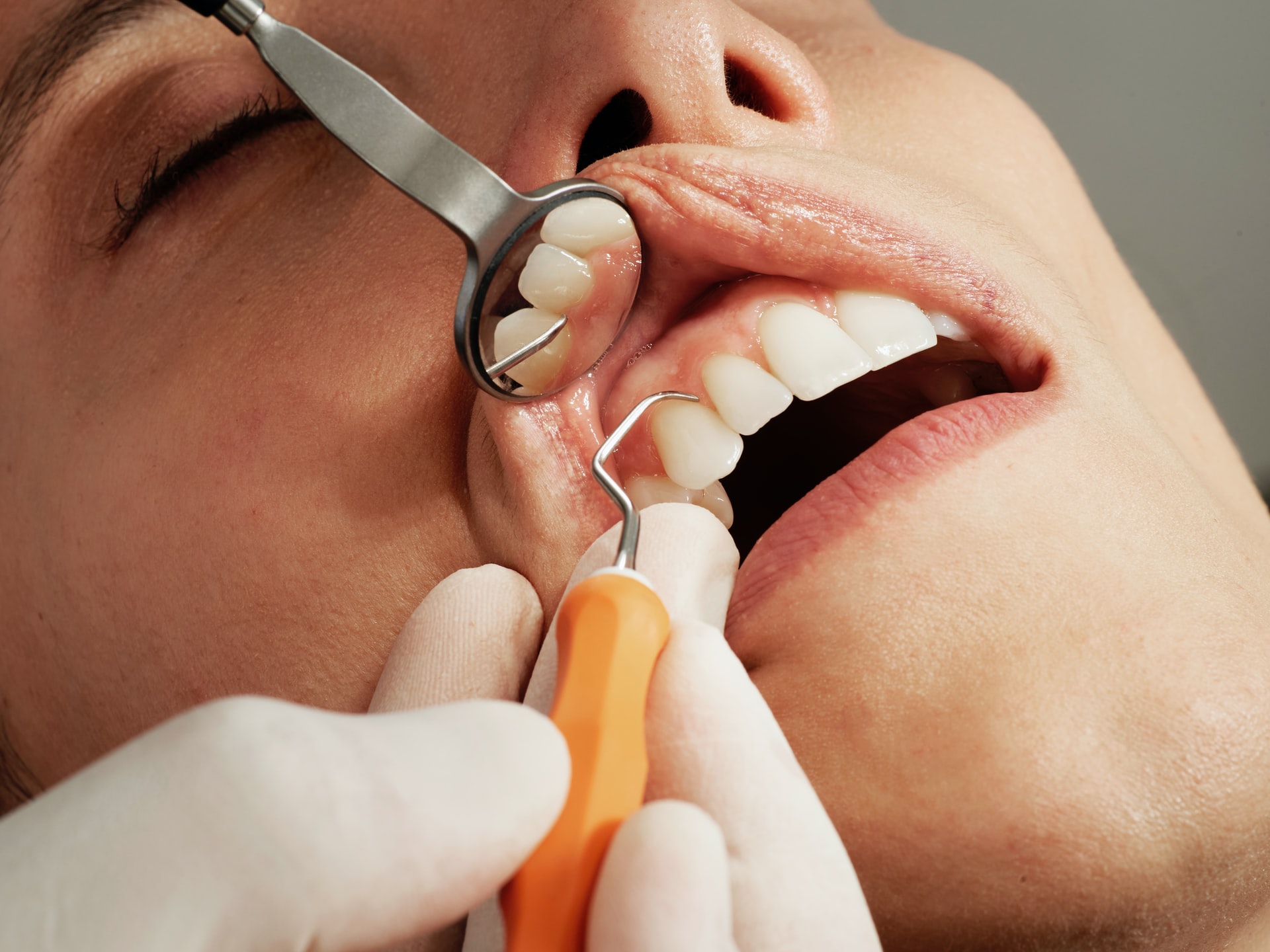So you’re done with your root canal. Great! No more pain when chewing, biting, or ever, since your dentist successfully removed bacteria that was damaging your tooth from within.
Now what?
How do you ensure your post-procedure recovery goes smoothly and that infection doesn’t ever happen to you again? Here are some care instructions you need to know:
Pain Relievers Help Loads
If post-surgery discomfort concerns you, it is best to have over-the-counter pain medication on hand. Aspirin or ibuprofen helps reduce swelling, so take one half to one tablet a couple of hours after surgery.
If you don’t want to take ibuprofen, Tylenol is also an option; however, keep in mind that Tylenol doesn’t help with swelling.
Try to eat something around the same time you take either medicine to ensure that you don’t take any medication on an empty stomach. People usually can resume their routine the next day.
For additional safety, it’s best to get a prescription from your dentist.
Antibiotics Do, Too
Contrary to popular belief, modern dental care allows procedures such as root canals to be completed in a less painful, more comfortable manner than in the past. There are some minor risks associated with root canal procedures, but modern dental care can reduce the chances of your visit being negatively affected.
Your dentist might recommend a medicine to reduce swelling 48 hours before your appointment if they think you have a mainly infected tooth. Antibiotics won’t cure the underlying infection, but they offer a brief respite and stop the swelling, allowing you to focus on the reason you are at the dentist in the first place.
Clean With Care
While your tooth has been treated with a root canal, it is no longer alive or vital. However, it is still susceptible to acids, bacteria, and the food you eat. That’s why it is essential to practice good oral hygiene to prevent decay around the tooth or its root.
Brush gently around the area in circular motions to prevent any recurring infection and emergency visits to your dentist.
Manage Sore Gums With These
One of the best ways to manage post-root canal pain is warm salt water. Mix a teaspoon of table salt into an 8-oz. glass of warm water, then rinse with it gently until you’ve used it all. Repeat as needed throughout the day.
One of the most common side effects after a root canal is sore gums or oral tissues where the local anesthetic was injected. Since a small puncture is made (as with any injection), some lingering tenderness or irritation at that location is entirely normal.
Manage a Sore Jaw With These
Root canal treatment can lead to a sore jaw since you kept your mouth open for the entire procedure. Ask your dentist if they have improved technology and comfortable tooth prop placement prior. If not, pain relievers and a cold compress will do.
Managing a Temporary Crown
Sometimes, dentists place a temporary crown over the root canal to further protect the area from recurring infections. Temporary crowns aren’t as sturdy as permanent crowns and can’t withstand eating or cleaning too roughly on that side of your mouth. You’ll only need to wear the temporary for several weeks so that it won’t be a significant inconvenience.
Once the permanent is fit, you can go back to your regular diet.
Talk to a Dentist as a Last Resort
Pain after a root canal is rare since dentists use anesthetics to numb the pain. However, if you experience any discomfort after, the six above tips should help you manage those symptoms easily. Find out which works for you best and stick to it until you make a full recovery!
However, on the off chance you still suffer from pain after the procedure, contact the TLC Dentist for an appointment immediately if you’re looking for a dentist in Earlwood, Sydney. We serve all ages with veneers, implants, children’s dentistry, root canal therapy, crown & bridge, fillings, cosmetic injectables, teeth whitening, and dental emergencies.

